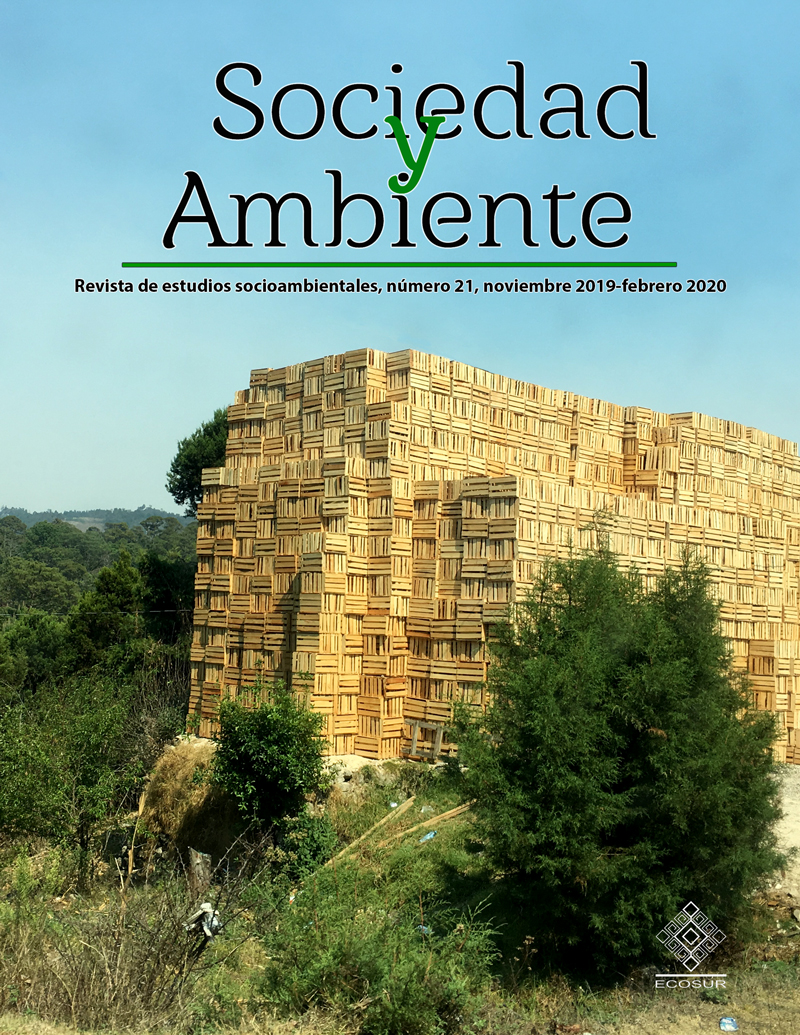Abstract
A water distribution system must maintain water quality throughout the entire network to guarantee public health. Although several studies have focused on changes in water quality along distribution systems, very few have evaluated the entire process from the water source to household containers. The aim of this study was to evaluate the effectiveness of bacteriological control and to determine the critical points of potential contamination along the distribution system in Cancún, Mexico. We addressed three aspects: 1) physicochemical and bacteriological analysis of water, 2) biochemical oxygen demand (BOD5) and nitrate-nitrite associated with organic matter, and 3) trihalometanes (THMs) as chlorine by-products from the disinfection process. The results showed that the water supply met the required quality standards in most parts of the distribution system but that there are critical points that could increase the risk of recontamination, specifically the geological setting and the critical aspects in irregular urban development in the area of water extraction. Mexico and any other country that relies on groundwater as a drinking water source must review and reinforce the regulations to protect areas with extraction wells and encourage the maintenance of containers to ensure water quality.

Sociedad y Ambiente by ECOSUR is licensed under a Creative Commons Reconocimiento-NoComercial-SinObraDerivada 2.5 México License


